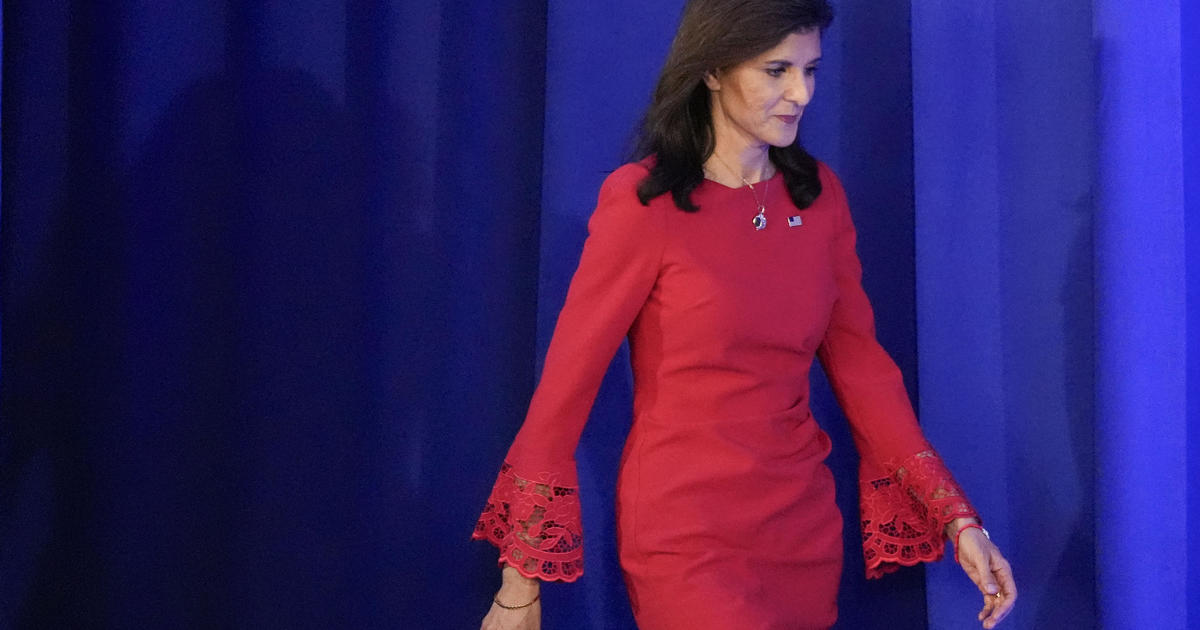Former presidential candidate Nikki Haley announced that she will be voting for presumptive Republican nominee Donald Trump, despite her previous criticism of his qualifications to lead the nation. Haley, who previously served as South Carolina governor and U.S. ambassador to the United Nations in the Trump administration, had called Trump \”unhinged\” and \”not qualified\” earlier in the year. However, she stated during a public appearance at the Hudson Institute in Washington, D.C. that she will be voting for Trump, while still standing by her previous comments.
In her speech suspending her campaign in March, Haley mentioned that she has always supported the GOP nominee, but emphasized the importance of making independent decisions rather than just following the crowd. She quoted former British prime minister Margaret Thatcher in saying, \”Never just follow the crowd. Always make up your own mind.\” Despite her decision to vote for Trump, Haley’s previous criticisms of his character and actions still stand, indicating a complex relationship between the two figures.
Trump had previously stated in a post on his Truth Social platform that Haley was not under consideration to be his vice presidential candidate. The Biden campaign responded to Haley’s announcement by emphasizing that nothing has changed for the millions of Republican voters who continue to cast their ballots against Trump in the primaries. They highlighted the importance of working across the aisle, standing strong with allies, and rejecting chaos, division, and violence, which they believe Trump embodies.
Haley’s decision to vote for Trump comes at a time when the Republican Party is navigating its future direction, with some members remaining loyal to Trump and others seeking to distance themselves from his leadership. Haley’s public announcement reflects the ongoing internal dynamics within the GOP and the challenges of uniting the party behind a single candidate. Her previous criticisms of Trump’s behavior, along with her decision to support him in the upcoming election, underscore the complexities of political alliances and the importance of individual decision-making in a polarized political environment.
Overall, Haley’s decision to vote for Trump despite her previous criticisms highlights the complex and often contradictory nature of political relationships. As the Republican Party continues to grapple with its identity and future direction, figures like Haley will play a pivotal role in shaping the party’s trajectory. The dynamics between Haley, Trump, and other GOP members illustrate the challenges and nuances of navigating political allegiances and decision-making in a constantly evolving political landscape.









